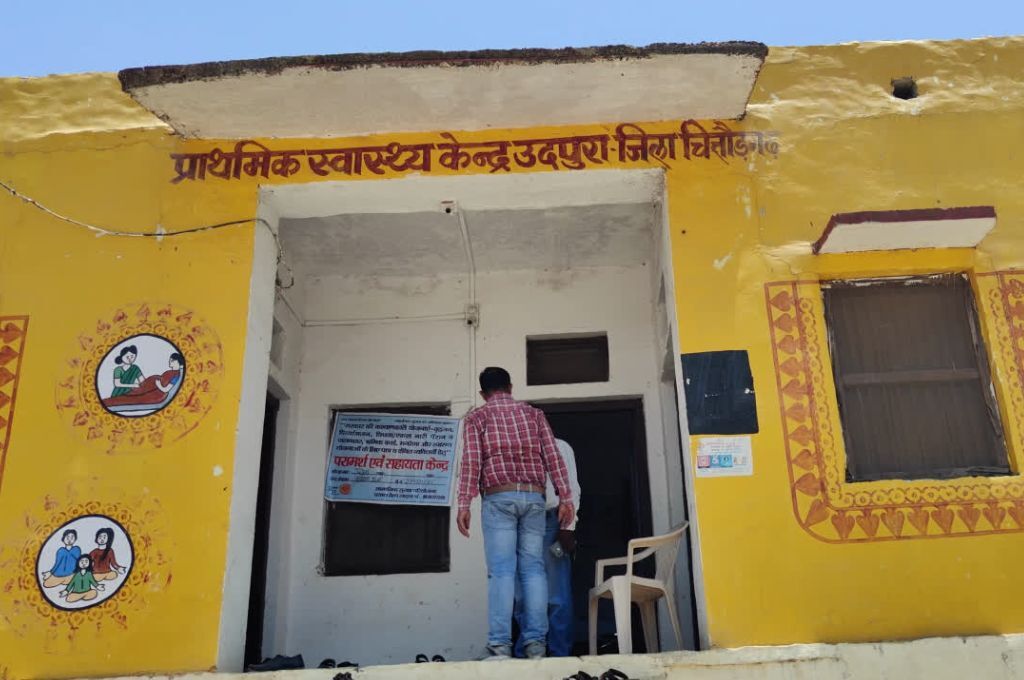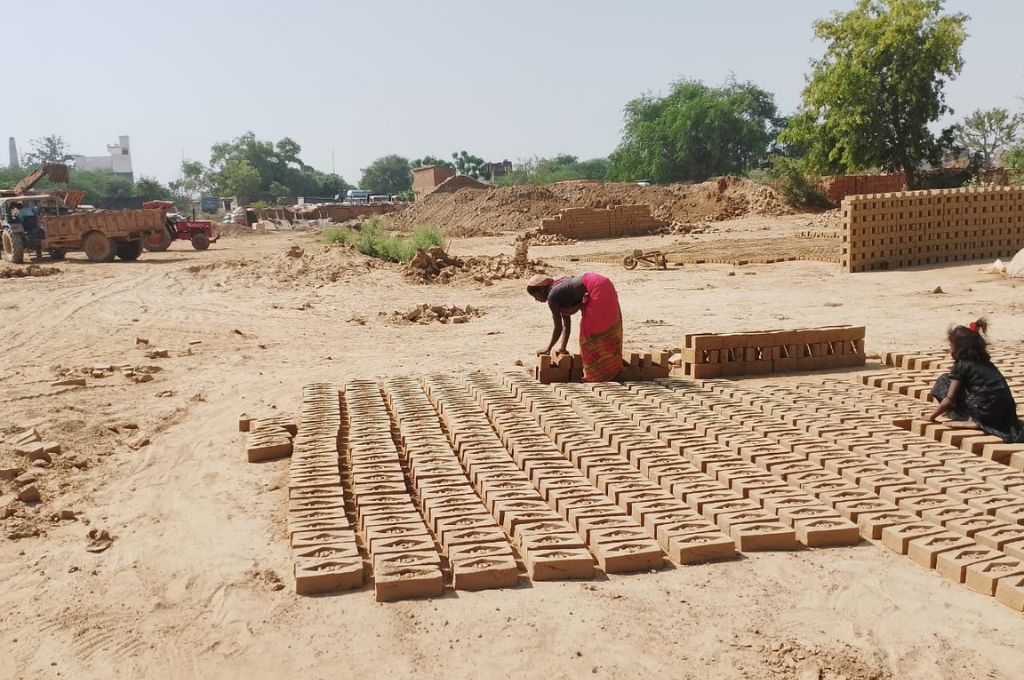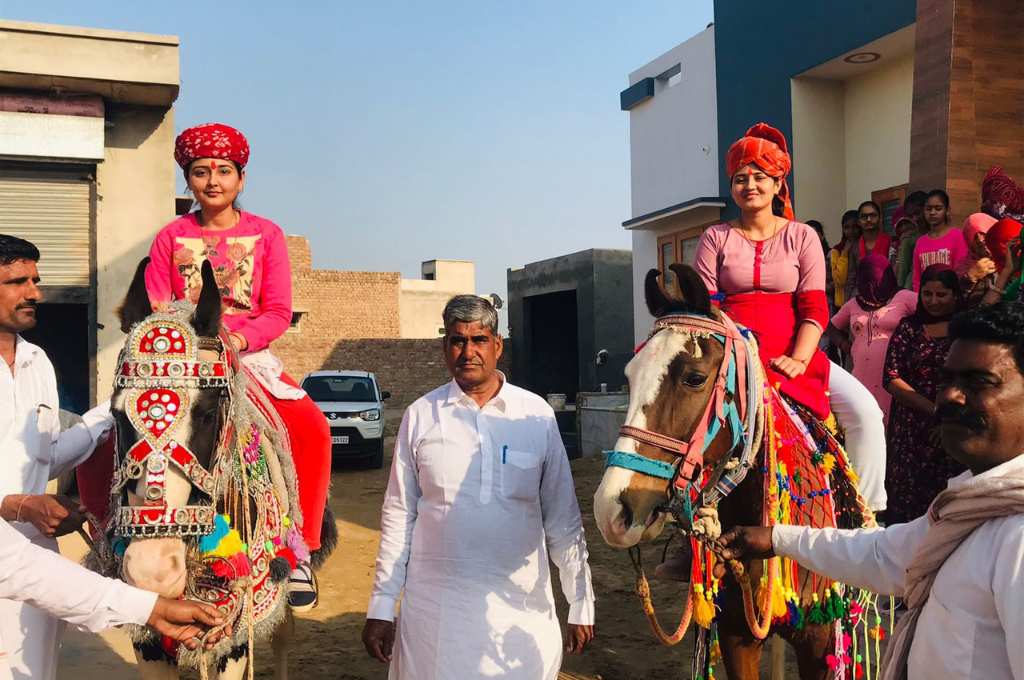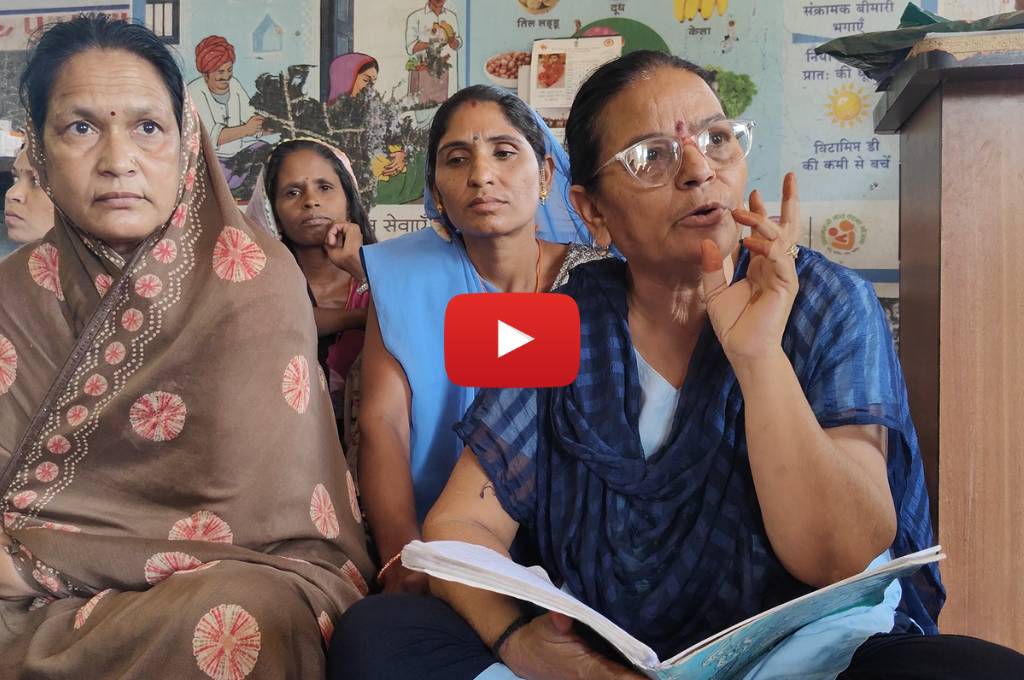READ THIS ARTICLE IN
Rain check: Climate change is delaying festivals
For many years, monsoon and winter were the two main seasons in Odisha’s Koraput district. But this year, summer lasted an entire month. For a region that sees heavy showers starting June, monsoon has only just made its way in August.
This delay in rains has disrupted people’s regular way of life. Every village in the region meets with the desari (village priest) to decide an auspicious time and date for their festivals. However, since the entire year is planned according to different agricultural seasons, this festival calendar too has been shifting. Rukmini Deulpadia from Doliamba village says, “Earlier we used to plough the land in baisakh in March–April. We would finish sowing by June, and right before the monsoon showers we would celebrate a traditional festival called Uans to pray for a good harvest. Every year for the ritual, along with using rice and turmeric, we collect wood, fruits such as kendukat and pattua, and charkoli leaves. The first offering is made to the village deity, after which farmers go to the field and make their offerings. We used to celebrate this in June. However, this year we’ve only just begun collecting materials for the ceremony in the month of August.”
This unpredictability in weather patterns isn’t a recent phenomenon for the residents. They’ve been witnessing erratic rainfall for the past 10–12 years, which has had a devastating effect on the produce. Food collected from the forest, which includes green leaves, mushrooms, bamboo shoots, different fruits and roots, is also affected due to irregular rainfall and an extended summer with high temperatures. “Staples in our diet such as millets and paddy along with vegetables such as tomatoes, cauliflower, and beans have taken a hit,” shares Sunita Muduli from Potpandi. “We’ve had to rely on markets to buy many vegetables. However, vegetables sold in the market tend to be expensive and are not accessible to everyone.”
Women’s hardships have only increased due to this. They often have to manage with minimum resources to cook on a day-to-day basis. Missing out on these foods also results in poor nutrition for the entire household. Additionally, the extended summer has resulted in the drying up of streams and water bodies. Women now have to walk longer distances to be able to fetch water and firewood for cooking.
As told to IDR by Lili Gadba, Raila Gadba, Rukmani Deulpadia, and Sunita Muduli, with support from Bidyut Mohanty, Founder, Society for Promoting Rural Education and Development (SPREAD).
—
Know more: Read this article to learn how villages in Odisha are working towards sustainability.



